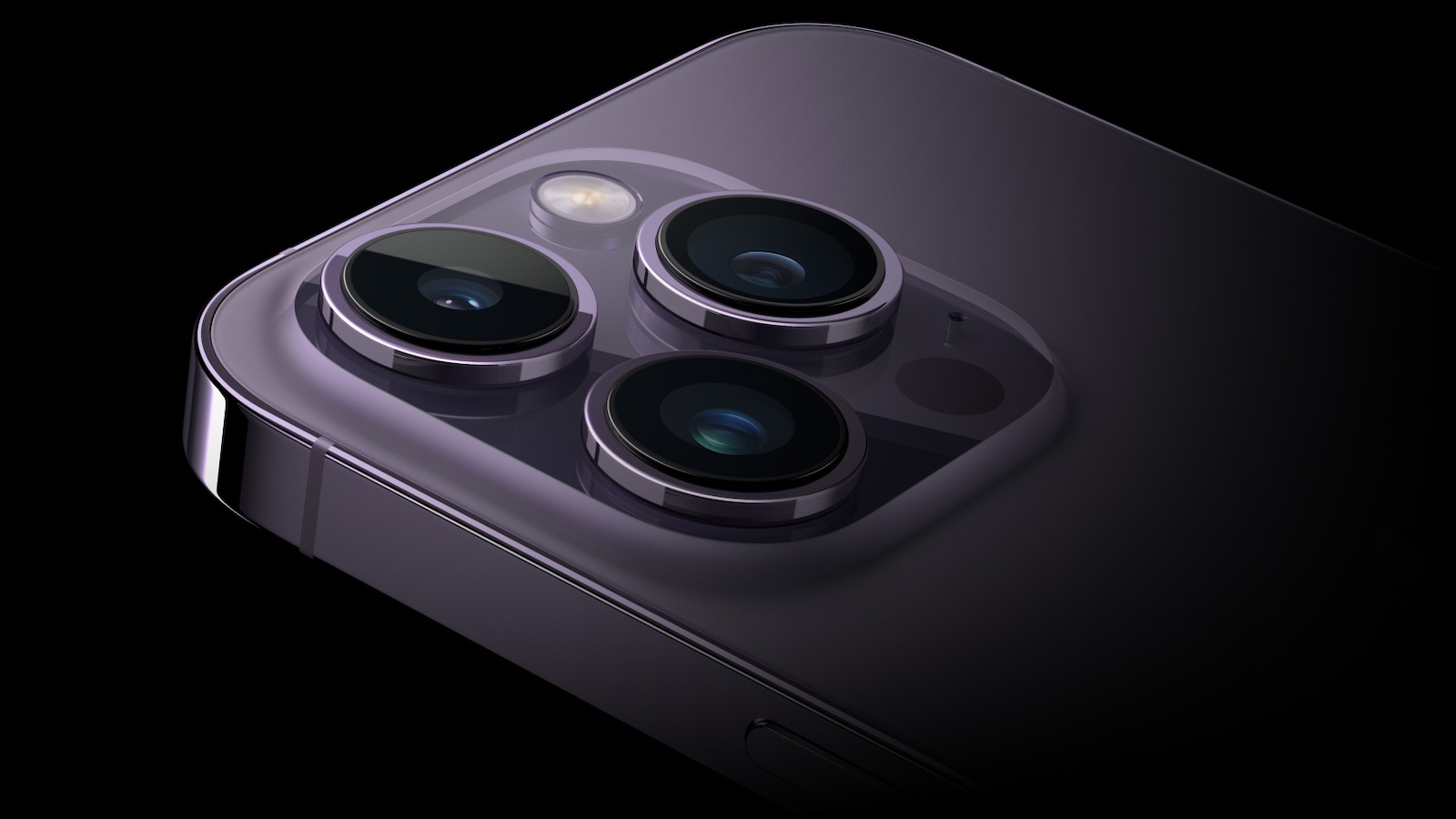As a couple of others have already said, this is likely a hardware limitation. On the MacBook Air with M2, where the base 256GB model has only one module and the 512GB+ models have two, the higher storage tiers are faster, because two storage modules can be written to in parallel. If the same setup is used on the iPhone Pro, the entry-level model physically can't write quickly enough to record 4K ProRes, plus it'll fill up really fast.
Keen to see if video quality (outside of Cinematic Mode) has changed with the new sensor, but if a future USB-C phone allows for faster offloading (or, if I'm dreaming, direct-to-SSD recording) that'll make a much larger impact for professional use.
Keen to see if video quality (outside of Cinematic Mode) has changed with the new sensor, but if a future USB-C phone allows for faster offloading (or, if I'm dreaming, direct-to-SSD recording) that'll make a much larger impact for professional use.




